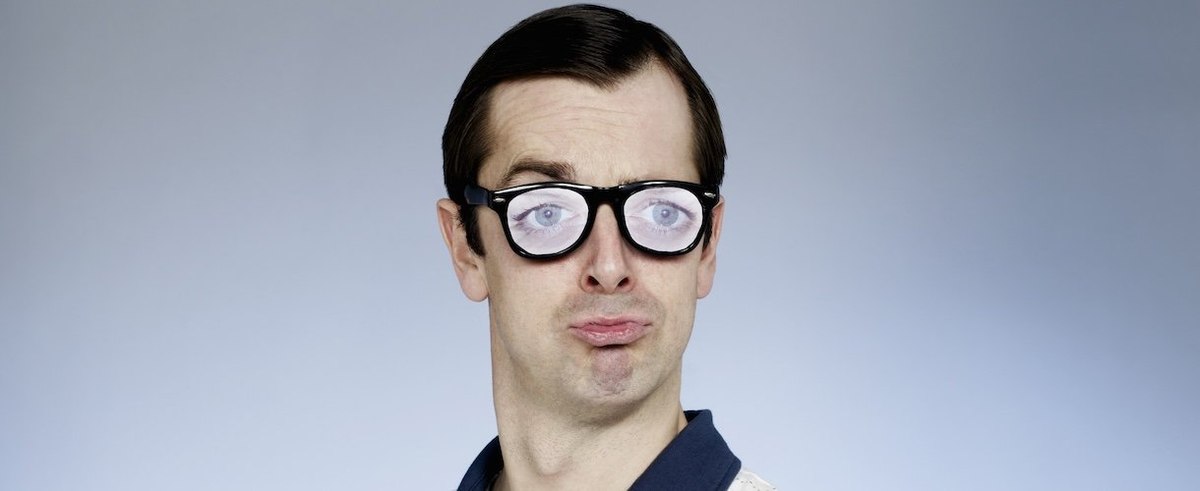Just who's weird, anyway?
This schoolyard insult has taken a starring role in the 2024 presidential campaign this week, especially as an attack from Democrats on Donald Trump, vice presidential candidate JD Vance, and other Republicans.
In response, YouGov polled 3,601 U.S. adults about weirdness on Aug. 1. 48% consider themselves either "very weird" or "somewhat weird," while 43% say they're "not very weird" or "not weird at all."
Liberals are more likely than conservatives to say that they're personally weird. For example, 69% of people who identify as "very liberal" say they're very or somewhat weird, compared to just 39% of people who are "very conservative." Meanwhile 13% of people who are "very liberal" say they're not at all weird, compared to 33% of people who are "very conservative."
This survey did not attempt to define weirdness or to test in some way whether people are actually weird; it only asked about self-identification as weird.
YouGov also asked respondents how weird they think liberals and conservatives are. Overall, 46% of U.S. adults say liberals are either very weird or somewhat weird, and 47% say conservatives are.
This similarity covers up a big ideological split. Liberals are more likely to say that conservatives are weird and liberals aren't; conservatives are more likely to say liberals are weird and conservatives aren't. Self-identified moderates are slightly more likely to say conservatives are weird (51%) than that liberals are (45%).
People who personally identify as weird are more likely to call liberals and conservatives weird, as well — but less likely to reserve the word solely as an insult for members of the opposing party.
For example, people who are very conservative overwhelmingly call liberals weird, whether they see themselves as weird (78%) or not (76%). But among these people who are very conservative, 50% of those who self-identify as weird say conservatives in general are weird, compared to only 5% of those who don't self-identify as weird. The same holds true on the other side: liberals who identify as weird are more likely to call their fellow liberals weird.
See the results for this poll:
Methodology: This Daily Questions survey was conducted online on August 1, 2024 among 3,601 U.S. adults. The samples were weighted according to gender, age, race, education, U.S. census region, and political party. The margin of error is approximately 2%.
Image: Getty (Flashpop)
What do you think about the election, American politics in general, and everything else? Have your say, join the YouGov panel, and get paid to share your thoughts. Sign up here.








